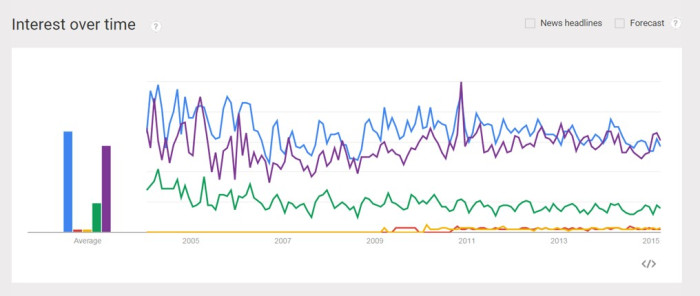Children refusing to visit a separated or divorced parent is one of the most difficult issues affecting postdivorce adjustment. Although this is a small group of children, there are many unanswered questions. Below is some of the most recent work in this area.
Longer list of studies published regarding parental alienation between. A more complete list of research report about divorce, remarriage and stepfamilies published in 2015 or between 2010-2015.
Parental Alientation
Polak, S., & Saini, M. (2015). Children Resisting Contact With a Parent Postseparation: Assessing This Phenomenon Using an Ecological Systems Framework. Journal of Divorce & Remarriage, 56(3), 220-247. doi:http://dx.doi.org/10.1080/10502556.2015.1012698
